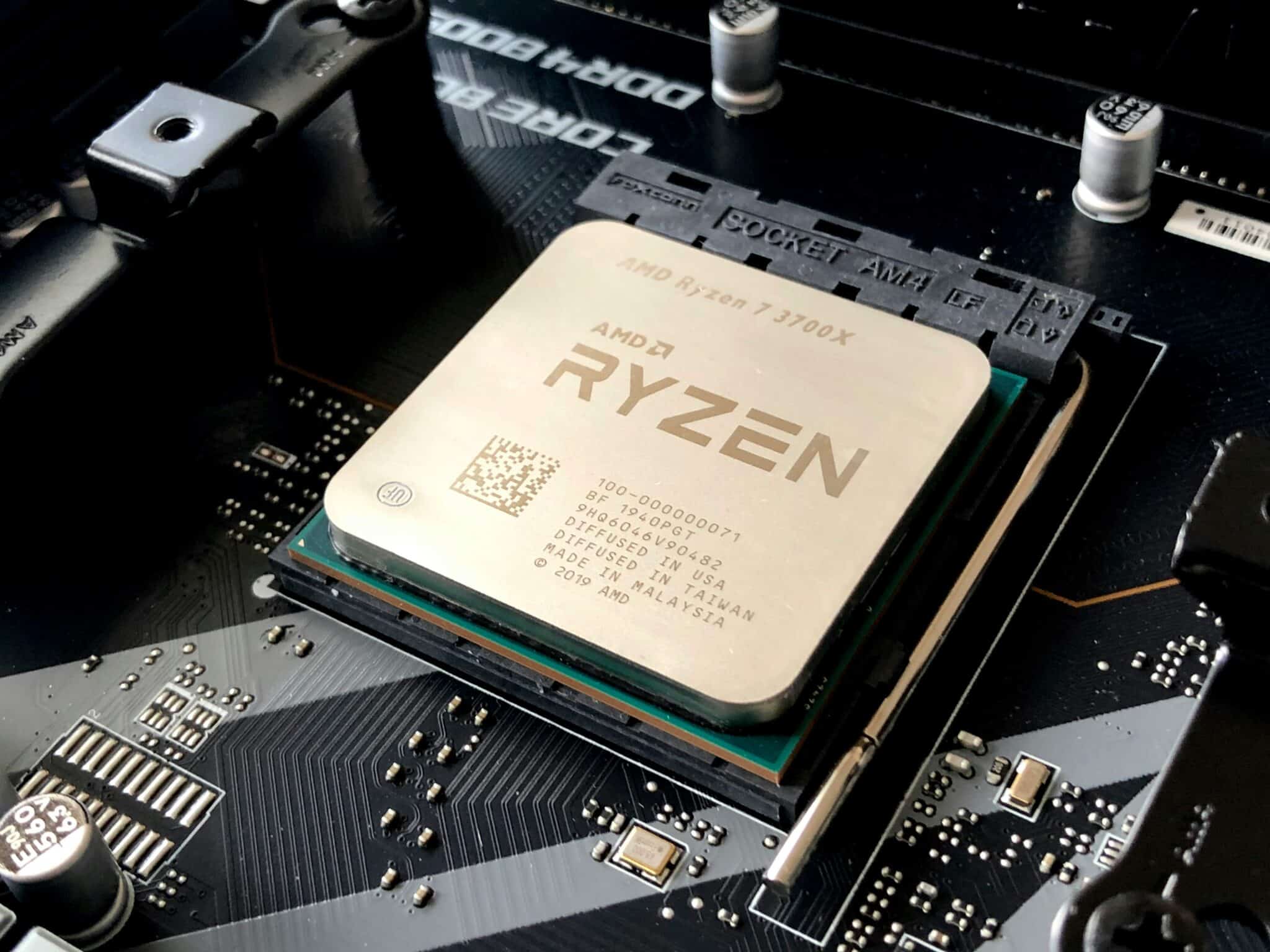
AMD EPYC 4004: Ryzen for Embedded Computing
Posted on July 17, 2024
After taking the home PC market by storm with their innovative Ryzen series, AMD has now launched an enterprise CPU series built on the same architecture. The EPYC 4004 touts itself as the perfect computer for the needs of small businesses. Let’s see if this claim holds up.
The Calculus of Cost
The main factor when designing server computers is the cost. These systems need to be deployed at a large scale, so cutting down the capital required is a must.
Obviously, high performance is still required, forcing a delicate balancing act of giving the computer maximum power on a limited budget. This requires an efficient microprocessor that can handle heavy workloads and can be scaled up easily.
As a result, very few CPU series are suitable for serving as entry-level server systems and data centers.
Intel Xeon E: The Uncontested Leader
This specific combination of requirements has seen Intel’s Xeon E series of processors emerge as the favored choice for such systems. It is relatively low cost, performs well for its price, and can be scaled up easily.
But AMD has been making big strides in recent years. It has already shaken up the consumer market with its powerful yet inexpensive Ryzen processors, and many were waiting for the architecture to be brought into this segment as well.
And well, it’s finally here.
AMD EPYC 4004: Better in Every Way
AMD’s EPYC line of processors has always been designed for embedded applications, but prior to this, it couldn’t really compete with the performance Intel offered. The 4004 line, however, is built on the Ryzen architecture.
This means advanced features like 16 cores, DDR5 support, and even on-board graphics are now available in the entry-level server market. The Zen 4 cores are especially good at multithreading, which is a big performance boost for the kind of applications a typical server handles.
It is also licensed for Windows Server, making it a much better candidate for deploying a Windows Server setup than Intel’s offerings.
But What About Power?
We have talked about how the initial cost factors into the question of a server PC, but what about the power draw? For server racks consisting of dozens of systems, a lower TDP is required to keep the power and cooling costs low.
Fortunately, the AMD EPYC 4004 manages to excel in this regard as well. The TDP of its most efficient processor starts at 65W, with higher TDPs available if more performance is required.
In fact, the EPYC 4004’s energy costs measure up favorably to Intel Xeon, even outperforming its higher TDP models.
More Cores, More Efficiency
Intel Xeon’s line of CPUs still uses a somewhat old design that can only be scaled up to 8 cores. The Ryzen based AMD EPYC 4004, on the other hand, offers up to 16 Zen4 cores, straight up doubling the level of multitasking you can get from Intel in this segment.
More compute cores don’t just mean more processing power, it also translates to more efficient processing. Certain cores can be selectively boosted for high-load tasks while keeping the others at a lower clock speed, lowering the overall TDP without compromising on performance.
And that’s before we get into the 3D V-cache models that integrate a layer of cache on top of the CPUs to give even faster clock-speeds at the same cost and small chip size. The Xeon CPUs can simply not compete with this new lineup.
Is AMD EPYC 4004 the Future?
As of now, the AMD EPYC 4004 series beats Intel’s Xeon processors on every front. The AMD chips are cheaper, more efficient, and yet more powerful.
They are licensed or Windows servers and are already being rolled out in a variety of SKUs and enterprise offerings, making the EPYC 4004 the de-facto choice for an entry-level server.
This combination of affordable and powerful computing that can easily be scaled up is really hard to beat, and Intel has its work cut out for itself. For businesses looking to invest in low-cost computing hardware, you cannot go wrong with the AMD EPYC 4004 line.
